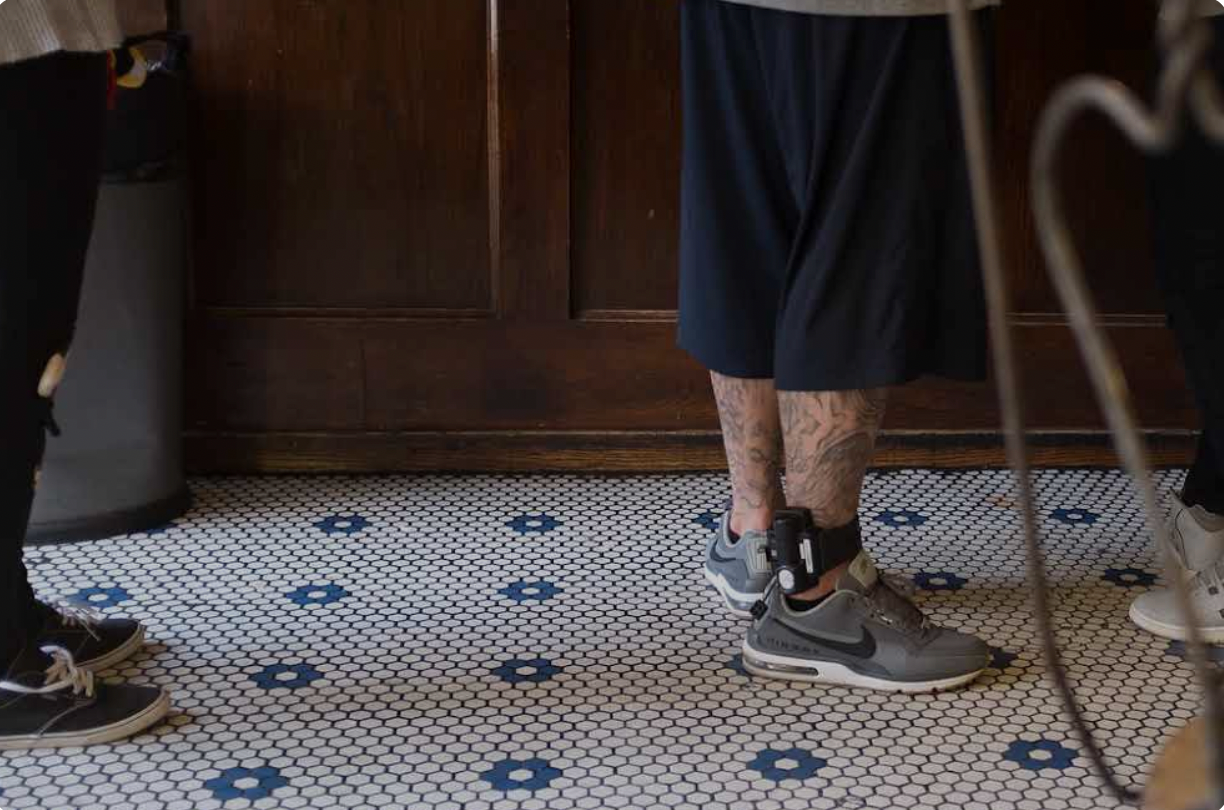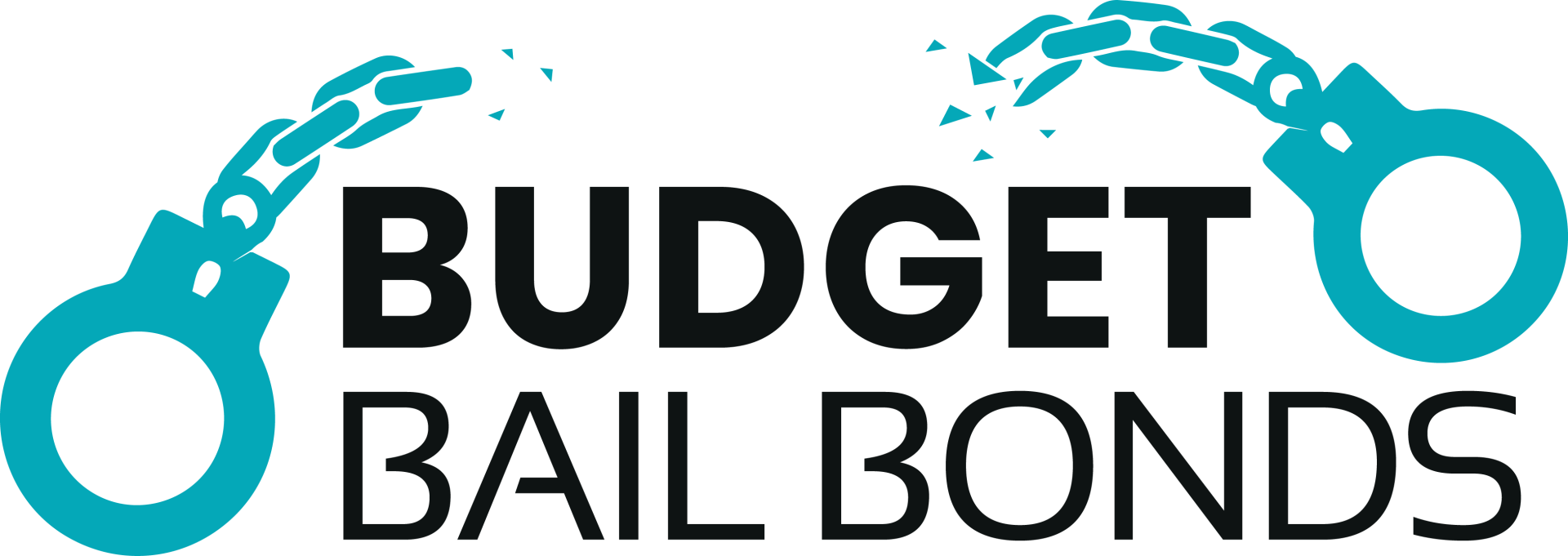Collateral for Bail Bonds: What Can Be Used and Why?
When securing a bail bond, you may be required to provide collateral to guarantee the bond. Collateral serves as a financial assurance for the bail bond company, ensuring that the defendant appears in court as required. If the defendant fails to meet their obligations, the collateral may be forfeited. Understanding what can be used as collateral and why it’s needed is essential when navigating the bail bond process.
What Is Collateral?
Collateral is a form of security that backs the bail bond. It helps the bail bond company mitigate the risk they take by paying the full bail amount on behalf of the defendant. If the defendant fulfills all court obligations, the collateral is returned to the person who provided it once the case is resolved.
Common Types of Collateral
There are several forms of collateral that may be accepted by bail bond companies:
- Real Estate: Property deeds are often the most valuable form of collateral. If you own a home, land, or other real estate, its equity can be used to secure the bail bond.
- Vehicles: Cars, motorcycles, boats, or other vehicles with clear titles can also be used as collateral.
- Valuable Assets: Jewelry, precious metals, art, or other high-value items may be acceptable forms of collateral, depending on their appraised worth.
- Bank Accounts or Stocks: Savings accounts, certificates of deposit, or investments can also serve as collateral.
- Credit Cards: In some cases, credit cards can be used to back the bail bond amount.
Why Is Collateral Required?
Collateral ensures the bail bond company can recover their financial loss if the defendant fails to appear in court. It also incentivizes the defendant and their family to fulfill all court obligations to avoid forfeiting the pledged asset.
Make the Bail Process Easy with Budget Bail Bonds
At Budget Bail Bonds, we know that dealing with an arrest can be stressful. That’s why we make the bail process as smooth and affordable as possible. If you’re unsure about collateral requirements or need help securing a bond, our experienced team is here to guide you. Contact us 24/7 for fast, reliable, and confidential service. Let us help you get your loved one home today!











